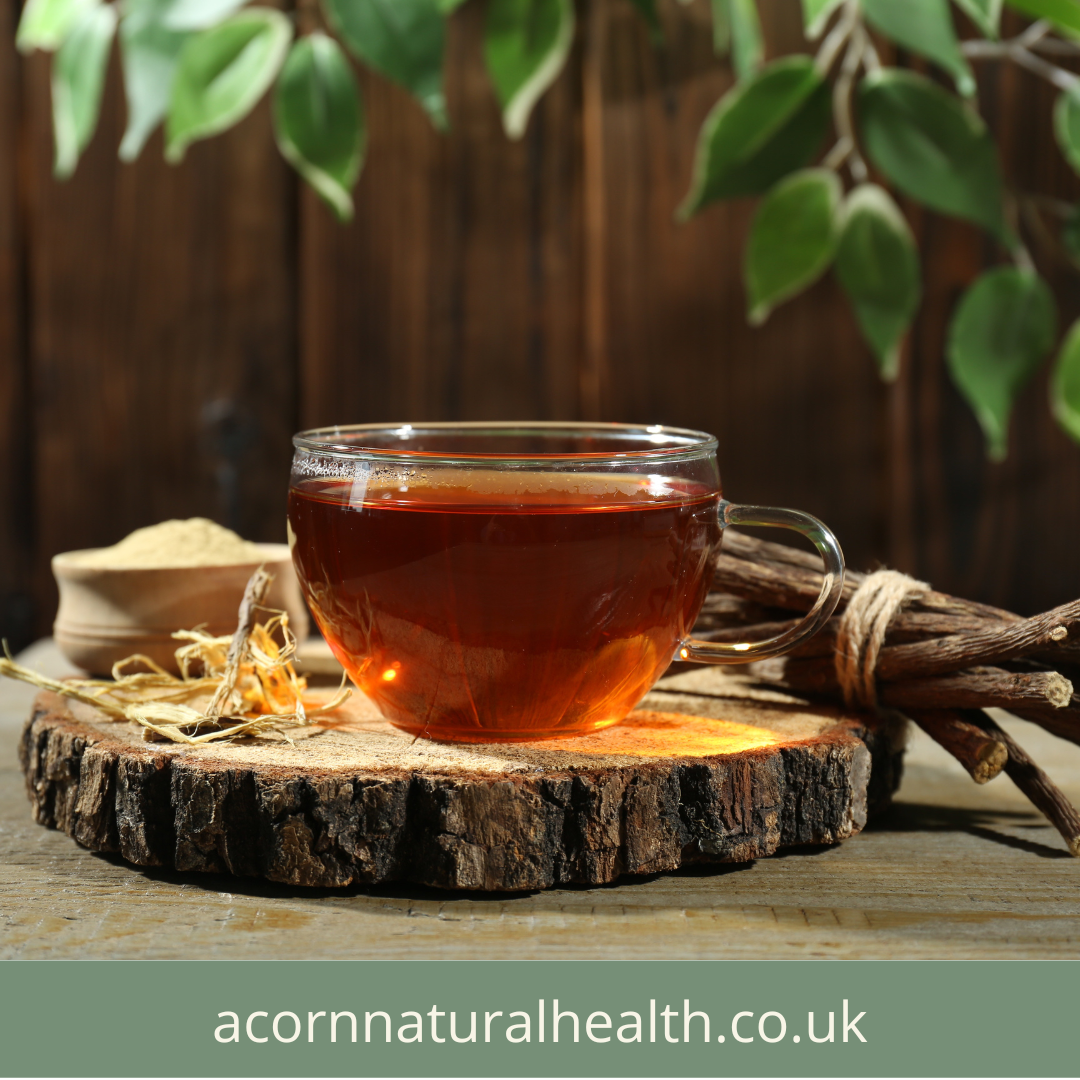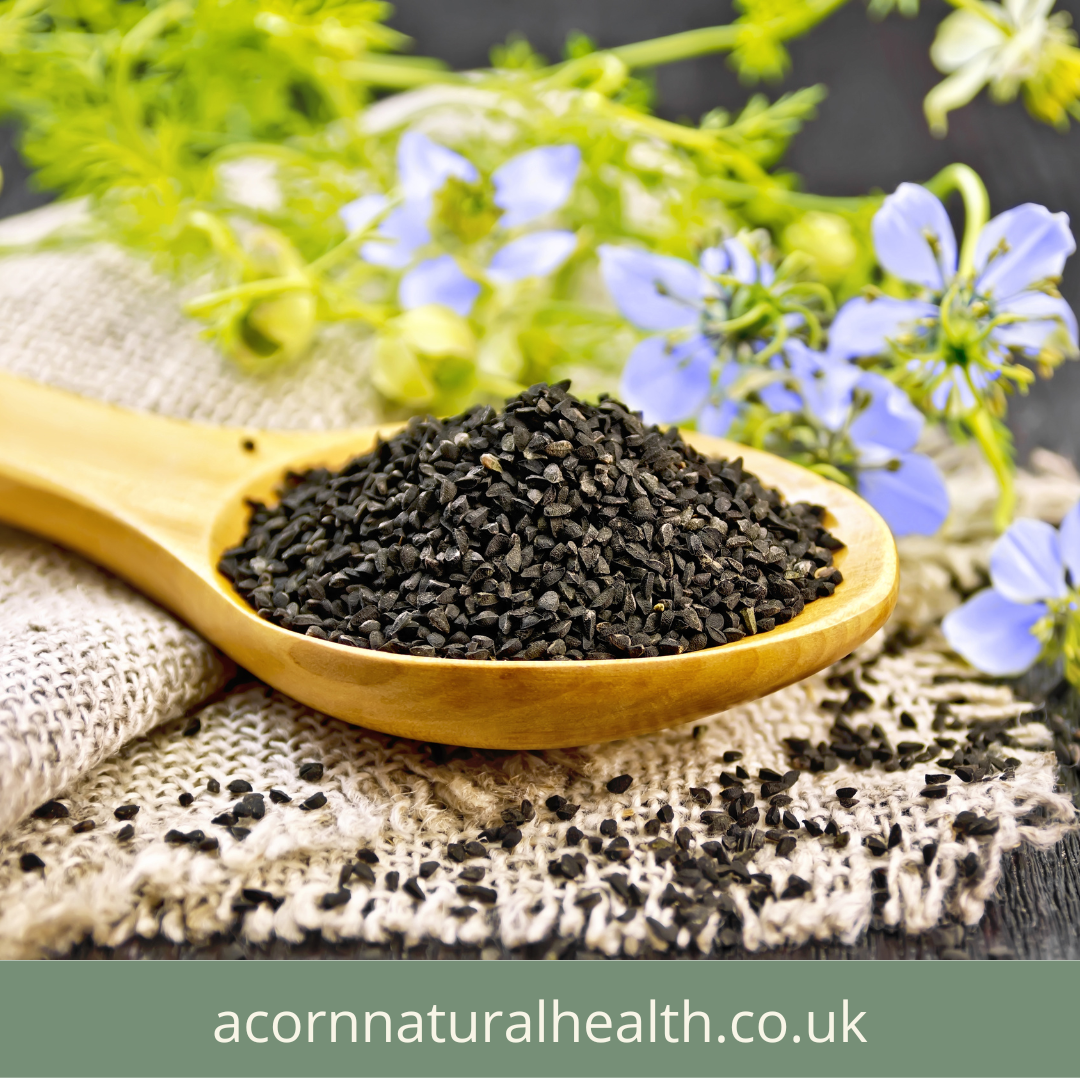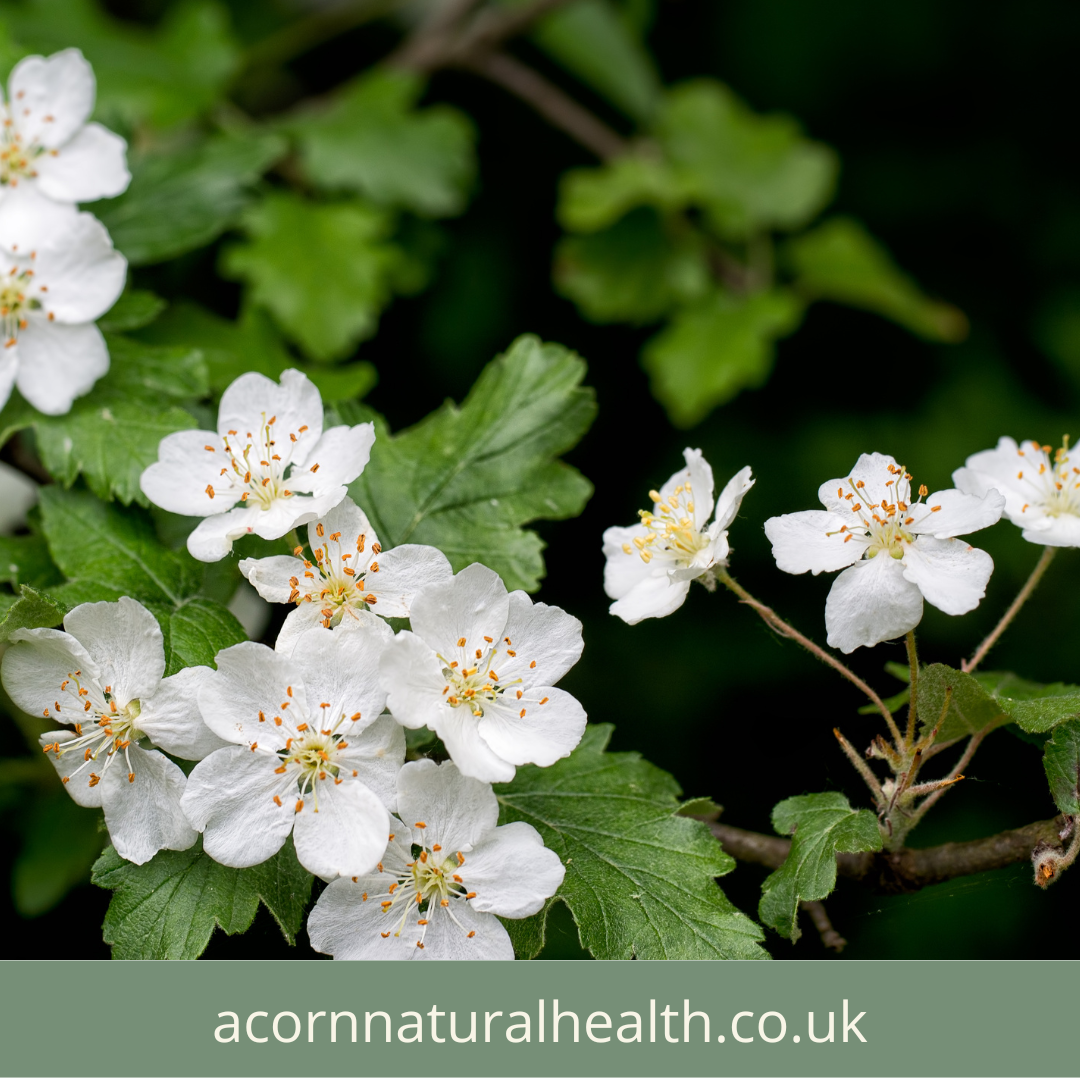In today’s fast-paced world, it’s easy to overlook the small blessings that enrich our lives. Gratitude, the simple yet profound act of appreciating what we have, has been hailed as a powerful tool for enhancing mental health and deepening spiritual growth. When combined with energy healing practices like Reiki, Access Bars, hypnotherapy, and shamanic drumming, gratitude becomes a transformative force that fosters inner peace, resilience, and spiritual enlightenment.
The Mental Health Benefits of Gratitude
Numerous studies have shown that practising gratitude can significantly improve mental health. Regularly reflecting on what you’re grateful for reduces stress, anxiety, and depression by rewiring the brain to focus on positive experiences. It fosters a sense of contentment, even during challenging times, by shifting the perspective from scarcity to abundance. For those seeking natural remedies to enhance their mental well-being, gratitude acts as a foundational practice that harmonises beautifully with energy healing.
Energy Healing and Gratitude
Energy healing encompasses various modalities designed to balance the body’s energy fields and promote holistic well-being. Integrating gratitude into these practices amplifies their effectiveness by aligning your energetic vibration with positivity and receptiveness. Let’s explore how gratitude intertwines with specific energy healing methods:
Reiki
Reiki is a Japanese energy healing practice that involves channeling universal energy to remove blockages and restore balance. Incorporating gratitude into Reiki sessions can deepen the connection between practitioner and recipient. A grateful mindset opens the heart chakra, allowing energy to flow more freely and enhancing the session’s effectiveness. For those seeking spiritual guidance, Reiki combined with gratitude can illuminate the path to self-discovery.
Access Bars
Access Bars is a technique that involves gently touching 32 points on the head to release mental and emotional blockages. Gratitude complements this practice by helping to dissolve limiting beliefs and promoting mental clarity. During an Access Bars session, reflecting on what you’re thankful for can create a powerful synergy, enabling profound mental and emotional shifts.
Hypnotherapy for Stress and Anxiety
Hypnotherapy is a transformative tool for managing stress and anxiety by accessing the subconscious mind. Gratitude can be integrated into hypnotherapy sessions as an anchor for positive emotions. Hypnotherapists often use gratitude as a focus point to replace anxious thought patterns with empowering ones. This combination helps individuals cultivate a calm and optimistic outlook.
Shamanic Drumming
Shamanic drumming is an ancient practice used to induce a trance state for spiritual journeying and healing. Gratitude enhances this experience by grounding you in the present moment, allowing for a deeper connection with the spiritual realm. Expressing gratitude to the spirit guides encountered during a drumming session fosters a sense of trust and openness, enriching the spiritual journey.
How to Cultivate Gratitude in Daily Life
Gratitude is a habit that can be cultivated through simple daily practices:
- Gratitude Journaling: Spend a few minutes each day writing down three things you’re grateful for. This practice shifts your focus to the positive aspects of your life.
- Mindful Meditation: During meditation, visualise feelings of gratitude filling your body and radiating outwards. This is particularly effective when paired with Reiki or Access Bars sessions.
- Express Appreciation: Take time to thank those around you for their kindness and support. Verbalising gratitude strengthens relationships and uplifts both giver and receiver.
- Gratitude Rituals: Incorporate gratitude into your energy healing practices by setting intentions of thankfulness before sessions.
The Spiritual Impact of Gratitude
From a spiritual perspective, gratitude is more than an emotion; it’s a state of being that aligns you with the universe’s higher frequencies. When you approach life with gratitude, you attract more positivity and abundance. Energy healing practices amplify this effect, helping you break free from energetic stagnation and connect with your higher self.
Final Thoughts
Gratitude is a powerful ally on your journey to mental health and spiritual development. When combined with energy healing modalities like Reiki, Access Bars, hypnotherapy, and shamanic drumming, it creates a holistic framework for inner transformation. Whether you’re seeking relief from stress and anxiety or looking to deepen your spiritual practice, gratitude holds the key to unlocking your fullest potential.
Take the first step today. Embrace gratitude, explore energy healing, and discover the profound shifts that await. By integrating these practices, you’ll not only nurture your mind and spirit but also radiate positivity to the world around you.





